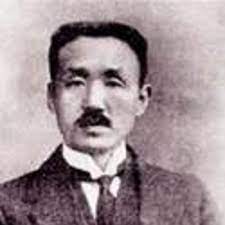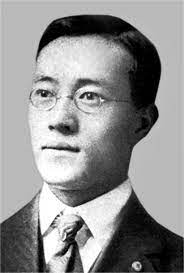Wu Ting-ch'ang (1884-August 1950), banker, newspaper publisher, and government official. After holding banking and financial posts at Peking in 1912-19, he headed the Yien-yieh Bank and the Joint Treasury of north China's four leading banks. In 1926-34 he also was chairman of the board and director of the Ta Kung Pao and the Kuo-wen enterprises. […]







